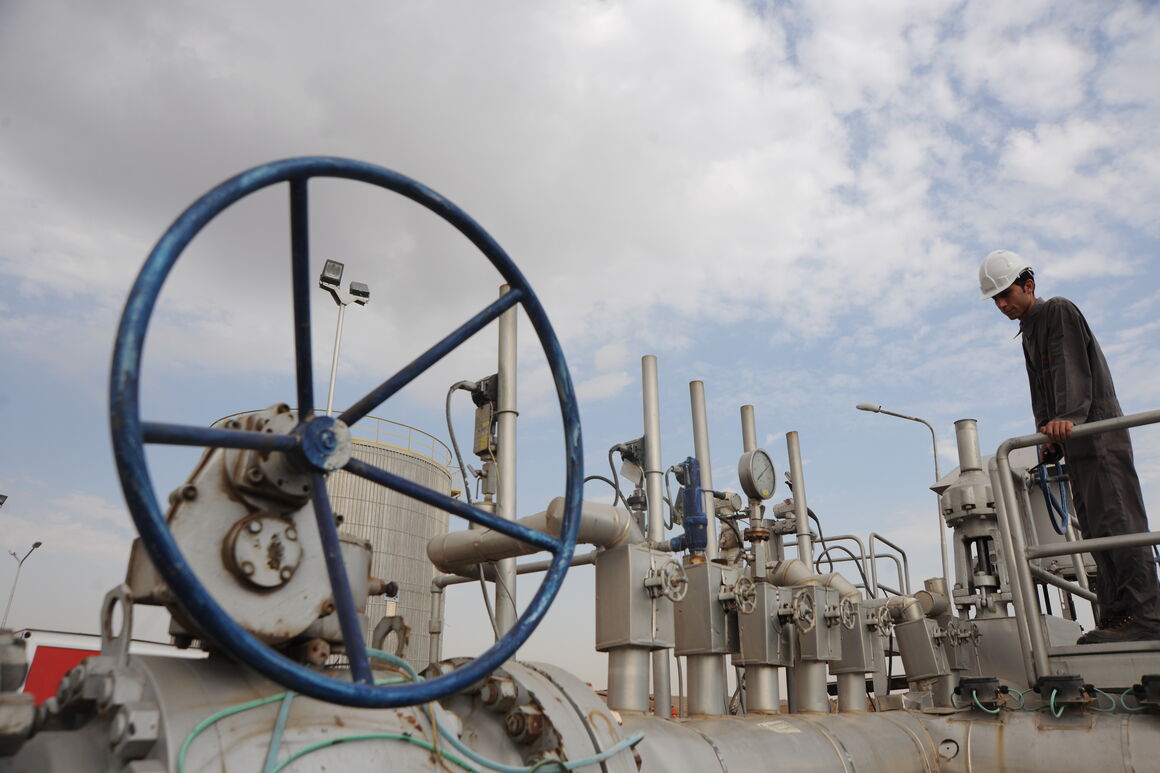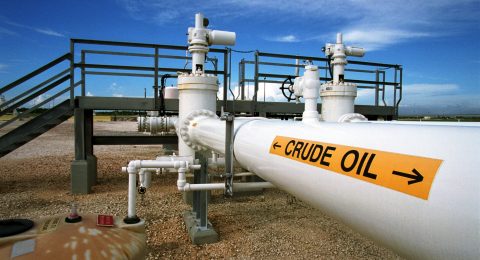To avoid falling foul of European Union sanctions against Russia, major global traders have decided to reduce purchases of crude and fuel from Russia’s state-owned oil companies as early as May 15, Reuters reported.
Due to the fact that some countries such as Germany rely heavily on Russian oil and lack the infrastructure to switch, the EU has not banned imports of Russian oil.
According to sources, trading companies are reducing purchases from Rosneft because of EU sanctions limiting the access of Russia to the international financial system.
Rosneft or Gazpromneft are exempt from EU sanctions because they are deemed to be “strictly necessary” to ensure Europe’s energy security, according to the report.
Sources said in order to comply with EU restrictions by May 15, traders are cutting purchases. However, they are struggling to find an obvious definition for “strictly necessary”. Oil refineries receiving Russian oil through captive pipelines may be banned, but purchasing and selling Russian oil through intermediaries may not be.
A major Russian oil buyer Trafigura told Reuters it would comply with all sanctions in full, adding that they anticipate further volume reductions on 15 May.
Several western buyers of Russian crude have like Shell already halted new spot purchases.
European refiners are increasingly unwilling to process Russian crude.
According to the loading plan, Rosneft and Gazpromneft exported 29 million barrels of oil, or almost 1 million barrels per day (bbl/d), in April, which is over 40% of overall Urals crude oil exports from Russia’s western ports.
On Wednesday, the International Energy Agency said Russia’s oil supply could fall by 3 million bbl/d from May.












